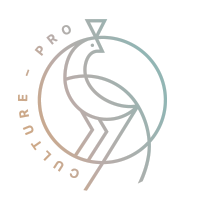I work in the formula of “closed” training, i.e. dedicated to specific organizations and tailored to the needs of a specific group of participants.

Meetings in smaller groups, where I put a lot of emphasis on practicing the participants’ practical skills.

Shorter, interactive meetings for large groups that are a nutshell of the most important knowledge, tools and inspiration.


With the help of this training, you can get ready for cross-cultural interactions by, among other things, developing a deeper understanding of your own culture’s action style, cultivating an openness to other people’s behavior that differs from our own, and learning how to use your own cross-cultural experiences to guard against stereotypical explanations of phenomena. Leaders, managers, and HR partners, or anyone else who wants to work more effectively in a global, intercultural setting, are all encouraged to attend the course. It is also advised for complete teams operating in the context of intercultural differences.
This course also serves as a very effective primer for courses on effective international cooperation (i.e. culturally specific training).


We concentrate on cooperation with certain, chosen nations, thus these trainings are thematically “tailor-made” to the client’s particular needs. The trainings are intended to acquaint participants with the topic of cross-cultural business communication as well as the fundamental cultural distinctions and potential difficulties that may arise when interacting with clients and coworkers from other cultures. Participants will gain knowledge of issues relating to various value systems, communication styles, and attitudes toward matters like hierarchy, time, and gender, as well as the fundamentals of global business etiquette.
The creation of useful guidelines in collaboration with representatives of specific cultural circles marks the training’s conclusion. The course on Effective Cooperation with Partners from India is one example of such a program.


The goal of this course is to enhance cooperation and communication with Indian business partners. The emphasis will be on an in-depth understanding of the differences in India’s cultural values and characteristics and their practical translation into typical Indian business behavior. We will look at e.g. differences in management and communication patterns of “East” and “West” and the most common misunderstandings in communication with Indians (e.g. communicating “yes” and “no”, giving “bad news”, giving negative feedback).
We will summarize the training with practical tips on how to manage the most common barriers and misunderstandings, how to build trust and relationships, and how to increase task efficiency in cooperation with partners from India.


TIME: 4 x 90 min
PARTICIPANTS: max 500
LANGUAGE: PL/ENG
RECORDING: optional
The series of interactive webinars were designed to introduce the topic of cultural diversity in organizations, by showing the actual complexity of the definition of culture and cultural differences in nowadays reality and by equipping participants with knowledge, skills, and mindset that can help them navigate their daily interactions in the diverse business environment with more sensitivity, competence, and confidence.
The common understanding and perception of culture and cultural differences very often simplifies, objectifies, and locks cultures in the category of “national cultures”. Such a framework not only proves insufficient to explain the reality of daily interactions, but it also results in producing and strengthening certain limiting and hurtful stereotypes.
The main goal of the webinar is to provide a more useful framework for understanding culture and cultural differences in organizations, by broadening and deepening the definition of culture, looking at the psychological mechanisms behind intercultural interactions, and providing useful guidelines for developing more diversity- competent approach in daily work.
SPECIAL OFFER! You can order webinar no. 1 individually to see how effective the program is!
During this webinar, we explore the diversity in building relations and trust in business, including relating to others in the context of hierarchy. We will look at how we can differ when it comes to thinking about ourselves, our relation to other people, and building trust with our coworkers- peers, bosses, subordinates, and clients.
During this webinar, we explore the diversity in language use and various approaches to communication in business. We’ll address not only the impact of culture on language and communication style (directness, politeness, humor) but also the reverse process – i.e., how the language we speak may affect how we think.
During this webinar, we explore the diversity in cognition and logic and their application to fundamental aspects of business cooperation, including the approach to rules and procedures, time, and problem-solving.


TIME: 90 min
PARTICIPANTS: max 500
LANGUAGE: PL/ENG
RECORDING: optional




TIME: 90 min
PARTICIPANTS: max 500
LANGUAGE: PL/ENG
RECORDING: optional


TIME: 90 min
PARTICIPANTS: max 500
LANGUAGE: PL/ENG
RECORDING: optional